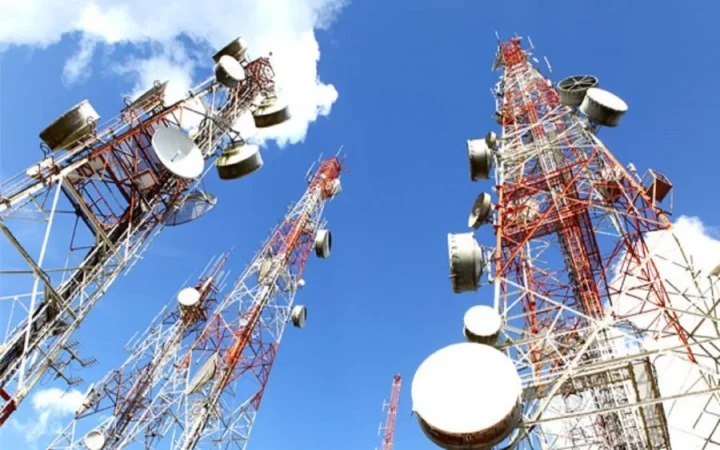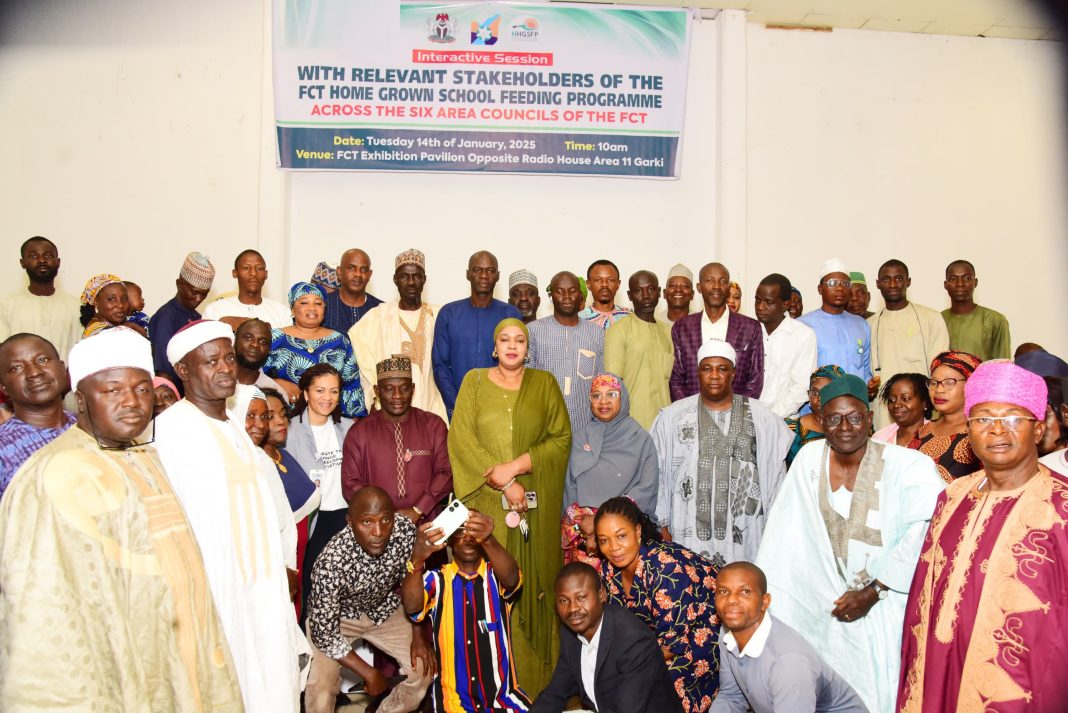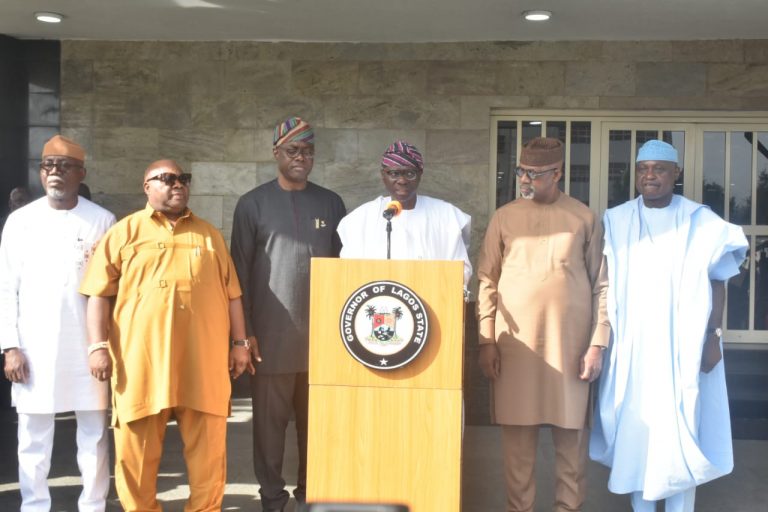By Abigail Philip David
The recent hike in Nigeria’s telecommunication tariffs has ignited nationwide concern over its impact on consumers. While telecom operators argue that the increase is crucial for sustaining their businesses, many Nigerians fear it will worsen their already challenging financial situations.
Operators Struggle Amid Economic Pressures
For years, telecom services in Nigeria have been relatively affordable compared to other sectors where prices have consistently risen. However, escalating inflation, subsidy removals, and surging energy costs have significantly increased operational expenses for telecom companies. Facing these pressures, operators have pushed for higher tariffs to remain profitable, raising alarm among consumers grappling with daily financial burdens.
Teslim Shitta-Bey, Director and Chief Economist at Proshare Nigeria LLC, described the telecom industry’s situation as a “Catch-22.” He noted that although inflation has soared, telecom service prices have remained unchanged for over a decade, making the sector’s business model unsustainable.
“Inflation rates have risen sharply, but telecom charges have not increased in 12 years. This is no longer sustainable for operators,” Shitta-Bey explained.
With soaring energy prices and increased costs of imported equipment, telecom providers are struggling to maintain service quality without passing expenses onto consumers. Shitta-Bey emphasized that a tariff increase seems to be the only viable solution to restore profitability and support future industry growth.
Minister of Communications, Innovation, and Digital Economy, Bosun Tijani, recently confirmed that telecom tariffs will rise, though not to the 100% increase proposed by operators. He stressed the government’s responsibility to balance consumer protection with the need to keep telecom companies financially healthy enough to invest in infrastructure and service improvements.
Rising Costs Force Industry’s Hand
Okonu Abdullahi, Secretary-General of the Private Telecommunications and Communications Senior Staff Association, acknowledged the industry’s struggles but highlighted the complexity of the situation.
“As trade unionists, we typically oppose tariff increases, but these circumstances are unprecedented,” Abdullahi stated.
He pointed out that the removal of subsidies and increased electricity tariffs have severely inflated telecom companies’ operational costs. These rising expenses have made it difficult for employers to adjust workers’ salaries, deepening the financial strain on employees. Abdullahi warned that without a tariff hike, the telecom sector’s stability could be jeopardized.
While the public will inevitably bear the brunt of higher costs, Abdullahi expressed confidence that Nigerians would eventually adapt. However, this adaptation comes at a significant cost: increased financial pressure on the public to secure the telecom industry’s survival.
Mounting Financial Pressure on Consumers
For many Nigerians, the prospect of higher telecom tariffs is deeply troubling amid worsening economic conditions. Inflation continues to erode purchasing power, leaving households struggling to meet basic needs. An increase in telecom costs could further strain already tight budgets.
On social media platform X (formerly Twitter), users voiced their frustration over the impending tariff hike. Many criticized telecom companies for seeking higher charges despite reportedly high profits and poor service quality.
One user, @Jack_ng01, wrote, “The government has approved a telecom tariff hike. Banks are making billions, and telcos are also reporting huge profits despite terrible services, especially Etisalat (9Mobile). Nigerians are getting poorer daily. We are doomed.”
Another user, @OpeyemiAni, linked the tariff increase to economic pressures, explaining, “Telcos want tariff hikes because flat tariffs combined with a weaker exchange rate reduce average revenue per user (ARPU) in dollar terms. Rising costs have crushed profits. Tariff hikes are their way to bounce back.”
Similarly, @DanielRegha criticized the government’s approval, saying, “Approving telecom tariff hikes is pathetic, especially since network providers have done little to improve terrible services. This incompetence is sickening.”
Consumers Caught in the Crossfire
Shitta-Bey acknowledged that while tariff increases might be necessary to stabilize the telecom industry, they could severely impact consumers. He specifically highlighted the creative sector, where content creators and musicians rely on affordable data services to grow their businesses.
He also warned that students and researchers who depend on internet access for education would feel the pressure of higher costs. “This price increase will cancel out any minimum wage adjustments and further burden households across Nigeria,” he cautioned.
The tariff hike stems from broader economic challenges, including the removal of subsidies, rising inflation, and the foreign exchange crisis. While necessary for business survival, Shitta-Bey warned that the increase could disproportionately harm low-income Nigerians.
Looking Ahead
Analysts argue that the telecom tariff hike is unavoidable, given the harsh economic environment marked by subsidy removals and escalating operational costs. Shitta-Bey cautioned that without this adjustment, the telecom sector’s stability could be at risk.
Though Nigerians will feel the immediate impact, experts believe the country will eventually adapt to the new pricing structure. “Naturally, we will adjust to whatever circumstances we find ourselves in,” Shitta-Bey remarked.
As the government and telecom operators navigate the delicate balance between profitability and consumer protection, the debate over the tariff hike remains a pressing issue. Nigerians now await further action to see how the situation unfolds and whether relief measures will be introduced to cushion the financial blow.





